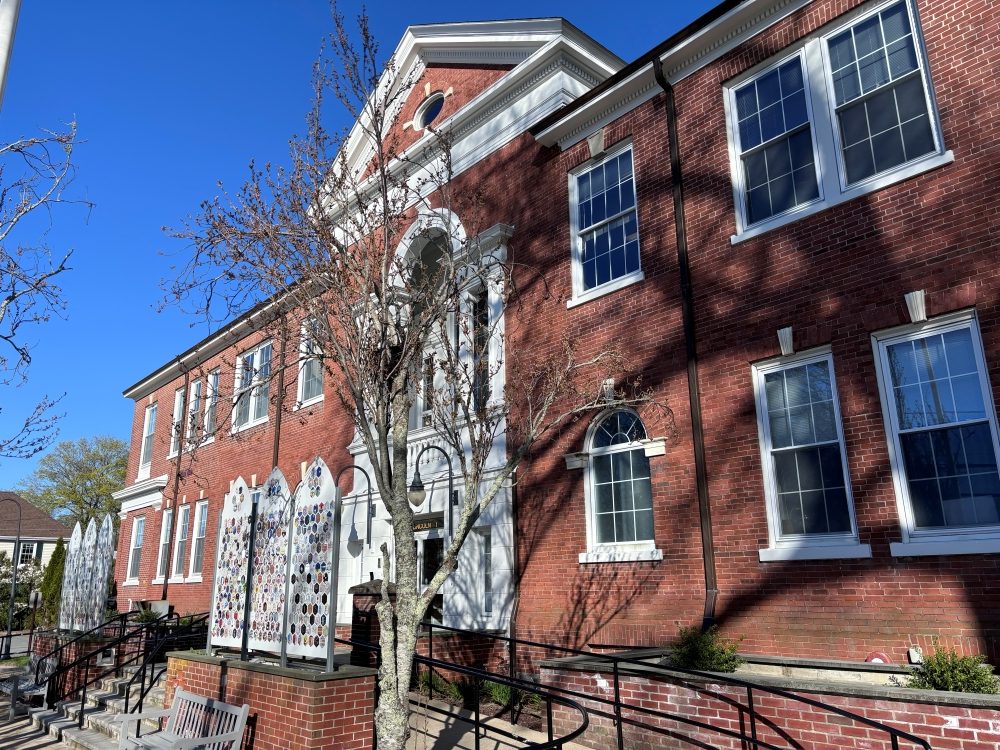I have just finished reading Andrea Estes’ piece from the Plymouth Independent on the Plymouth school district budget shortage. Superintendent Campbell mentioned a $2 million shortfall and a “reduction in force.” From where will those reductions come? Eliminating 30 jobs (“about $1.3M from those reductions”) but no use of the word, “layoffs” seem like conflicting concepts. So, let’s play the transparency game and let the public know from where those cuts are coming without impacting students, staff, and parents who worry about quality education for their children.
Next year will be “tougher.” For whom? Is all this oblique language because no one knows, or no one wants to say it? Are any actual educators involved in this process to bridge the deficit? Have unexpected expenses arisen or has there been a decrease in district funding? The school committee’s “hope” [that] “this will have minimum impact on our students’ education” falls short. I find all this language to be vague and very ambiguous. It should be more than a hope. Let that notion be the guiding principle for any decisions.
As a former public-school teacher, I have taught in affluent as well as low income districts. There are some major differences in the quality of educational practices, but it boils down to administrative support — or not. I have worked in tandem with some truly great administrators and knowledgeable school committee members. Some of those people have been brilliant influencers and some could not tell you what actually happens within a child’s day at school.
I have taught special education, elementary, and college students in California, Massachusetts and most recently Arizona, and I am always stunned whenever there is a shortfall and students will, most definitely, be impacted. Unfortunately, those students are often students who have been identified for special services and are the first to be affected. ED plans are sometimes “sort of” carried out and the prescribed instructional hours not honored. Specialists often have way too many students to adequately support, as it is. There is a huge difference between a classroom with 25-plus students with instructional assistance and without.
Parents hold teachers accountable, and they should, yet so much is beyond a teacher’s control. Whatever support to be given to accelerated students falls by the wayside because the classroom teacher is inundated with so many varied needs within the classroom and no support to innovate. Without the proper support from so-called “non-professionals,” everybody is impacted, and it is the classroom teacher who must bear the brunt of responsibility. Too many solid educators are leaving the profession due to the unrealistic expectations, verbal abuse, behavioral issues, safety drills and concerns, and the sad realization that the district expects miracles to be performed by educators when the administrations are not doing their jobs of anticipating budgetary needs. Everyone loses.
Plymouth has many, many neighborhoods where the majority of residents do not have school-age children and yet, of course, they still pay taxes (rumor has it some neighborhoods more than others), which includes school support. Tax the homeowner for one of many services not used. How is that not pure profit for the town?
Plymouth’s schools are like other districts on a myriad of levels. It is the administration and school committee’s jobs to plan, anticipate, and navigate proper funding and educational protocols. It is their responsibility to be good stewards of the school system. The value of paraprofessionals should not be dismissed as frivolous. Some teacher unions have gone on strike to support increases in salaries and benefits for their paraprofessionals. They are educational assets and must not be trivialized!
As the Plymouth school district moves forward with their cuts, I implore them to do so wisely and with absolute consideration for a healthy, child-centered educational environment that supports students and educators rather than set them up for possible failure. New teachers and seasoned teachers are burning out, with fewer education majors graduating to fill in open positions. The decisions of the Plymouth superintendent and school committee will drive the direction of the school district. Hopefully, there is a former teacher in the group. An informed unit of decision makers is vital to guide the district into the future.
Gayle Shenson

